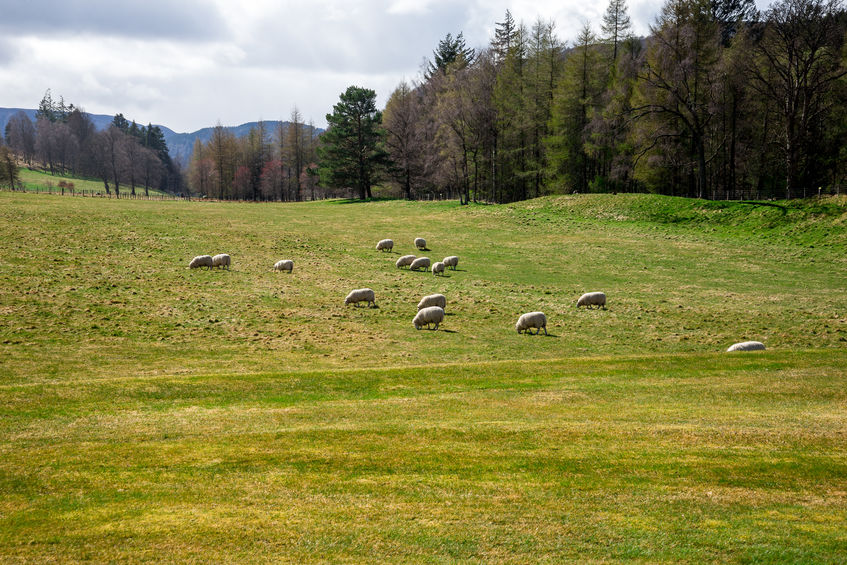
Fourteen Scottish farming groups have warned the UK government that future trade deals could be 'detrimental' to the industry if handled incorrectly.
Agricultural organisations have written to International Trade Secretary Liz Truss amid ongoing negotiations between the UK and Australia.
The bodies, which include NFU Scotland, Quality Meat Scotland and First Milk, say they are 'concerned' over the pace of the talks.
Farming, along with the food and drink industry, is one of Scotland’s fastest growing and globally recognised sectors, with a value of £15bn employing 120,000 people.
Central to its success over the past 10 years has been growth in export markets across the world, with exports of Scottish food alone up over 100% since 2007.
But the European Union remains the most important export market, with it being the destination of two-thirds of all Scottish food exports.
The organisations highlight how the industry is 'disproportionately important' to Scotland’s economy compared to the UK as a whole.
And while the sector is 'very ambitious' to grow in new markets, they warn that their biggest export market is now 'costlier and more complex' to supply to.
They add that they remain 'hugely concerned' over new trade deals, such as with Australia, as they could be completed 'too quickly and without proper scrutiny'.
"Trade deals are complex, and markets are sensitive; the impact of the Brexit deal has demonstrated this," the organisations say in their letter to Ms Truss.
"The risks here are enormous for the whole food and drink supply chain and, in the absence of any formal impact assessment to suggest the contrary, we remain hugely concerned at the impact on sensitive sectors of our industry."
They add that while they have heard references to 'critically important' safeguards, they have not seen any detail on this.
The groups add: "On a wider point, any trade deal which does not prioritise the maintenance of our standards of animal welfare and environmental protection would be detrimental to businesses, consumers and the UK’s reputation.
"It would also run completely contrary to the recommendations of the Trade and Agriculture Commission."
They say that an FTA with Australia has 'added significance', as it could establish a framework for other Free Trade Agreements, such as with the US and Canada.
In their letter, the groups urge the UK government to establish 'a more rigorous and meaningful process of engagement and consultation with industry'.
"We feel extremely disconnected to the process and are concerned that agreements are reached without full knowledge of the implications, both positive and negative, for the agriculture and wider food sector," they say.
The organisations also urge the government to publish their response to the Trade and Agriculture Commission’s report and move to implement the recommendations, particularly in relation to putting it on a statutory footing.
"The Commission should have a critical role in scrutinising all potential Free Trade Agreements and, in doing so, at a point in the process that is meaningful and prior to FTAs being signed and ratified.
"This will help ensure that any agreement upholds and protects our environmental, animal welfare and food safety standards."
Among the groups which signed the letter include Scotland Food & Drink, Quality Meat Scotland, Scottish Crofting Federation, Road Haulage Association and Scottish Pig Producers.
